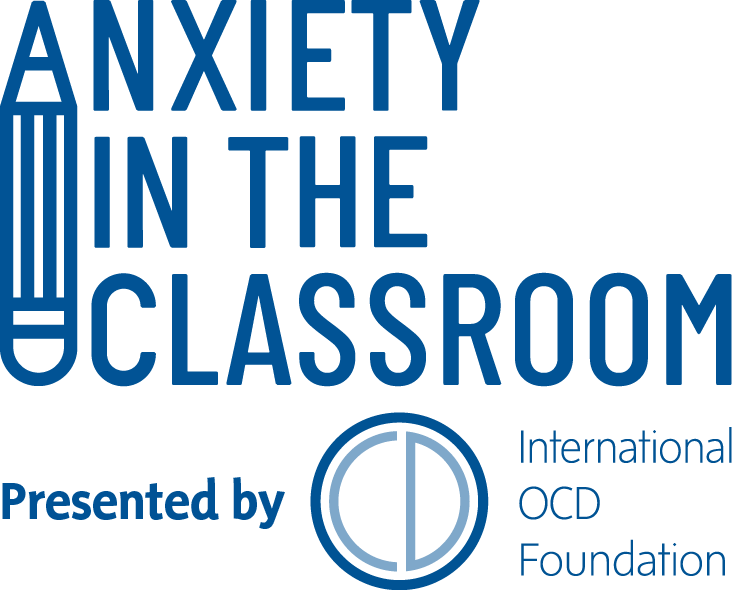Sample 504s/IEPs for Teachers
Your student's OCD or anxiety symptoms may qualify as a disability if they are severe enough that they impact their ability to learn. In these cases, a student who is in public school is eligible for a 504 Plan or an Individualized Education Plan (IEP). With a 504 Plan or an IEP, schools make accommodations so the student has access to the curriculum in the same way their peers do. As a teacher, you will most likely be involved in developing this plan. In doing so, you should consider the following.
504 Plan/IEP: What Teachers Should Consider When Making Accommodations
-
Involve all key players
It is important to get input from everyone on the team (teachers, guidance counselors, parents/caregivers, the student’s outside therapist, and the student) when creating accommodations for OCD and/or anxiety. Having the entire team involved increases the likelihood of developing an effective plan and having high “buy-in."
-
Operationalize the plan
Accommodations should be clear and measurable to reduce confusion and increase consistency across teachers and classrooms. For example, instead of saying, “The student will get extensions on writing assignments,” the plan should state, “The student will be given a one-day extension on all writing assignments when requested via email the day before the assignment is due.”
-
Be realistic
Accommodations should be practical for both the teacher and the student. It may be helpful for a student to get a study guide before each exam in every class, but it is unrealistic to expect this to happen every single time. Setting unrealistic goals leads to inconsistencies in plan implementation and frustration for everyone involved.
-
Collect data
Gathering information about how accommodations are working is an important part of any plan. For example, tracking homework compliance, attendance, visits to the nurse, use of coping strategies, behavioral outbursts, etc. helps the team determine if the plan is effective or not. Hard data is more reliable and useful than individual opinion or recollections.
-
Not all accommodations are helpful
It is important to make sure that an accommodation is, indeed, helpful and does not exacerbate a student’s symptoms. For example, if a student has checking or perfectionism, then an accommodation of extra time on all tests may simply provide more time for the student to ritualize. A more appropriate accommodation for these symptoms might be to have the test broken up into different sections. Alternatively, you may opt to offer an oral exam.
-
Review regularly
It is important to review plans regularly. In general, 504 plans and IEPs are reviewed at least annually, but it is wise to review plans more frequently, especially newly developed ones. The information collected (see above) ought to be reviewed and used to guide adjustments to the plan. Other factors that might warrant an adjustment to the plan are a change in symptom subtype and/or an increase in symptomatology.
-
Accommodations are not treatment
Oftentimes, school personnel and/or caregivers worry that the plan is “giving into anxiety” or “will become a crutch." On the contrary, 504 Plans and IEPs are not treatment plans. They consist of accommodations that allow the anxious child to be able to learn as their non-anxious peers do. Without them, anxiety can be so severe that it makes learning nearly impossible. The expectation is that accommodations will fade out as the child manages their symptoms more effectively.
Sample Accommodations for Anxiety or OCD
Teachers can make various accommodations for their students with anxiety or OCD in the classroom. Click the tabs below to view a list of sample accommodations for contamination fears, social anxiety, perfectionism, checking, and indecision/procrastination. In addition, for a comprehensive list of accommodation ideas, visit our page on Classroom Accommodations and Support Strategies.
- Separate set of books for home
- Has own set of supplies (crayons, scissors, tape) vs. using community supplies
- May take hand-outs first before others have touched them
- Scheduled bathroom breaks/use of low-traffic bathroom
- May leave class a minute early to avoid hallway congestion
The expectation is that these accommodations will fade as the student learns to manage their OCD and/or anxiety symptoms more effectively.



